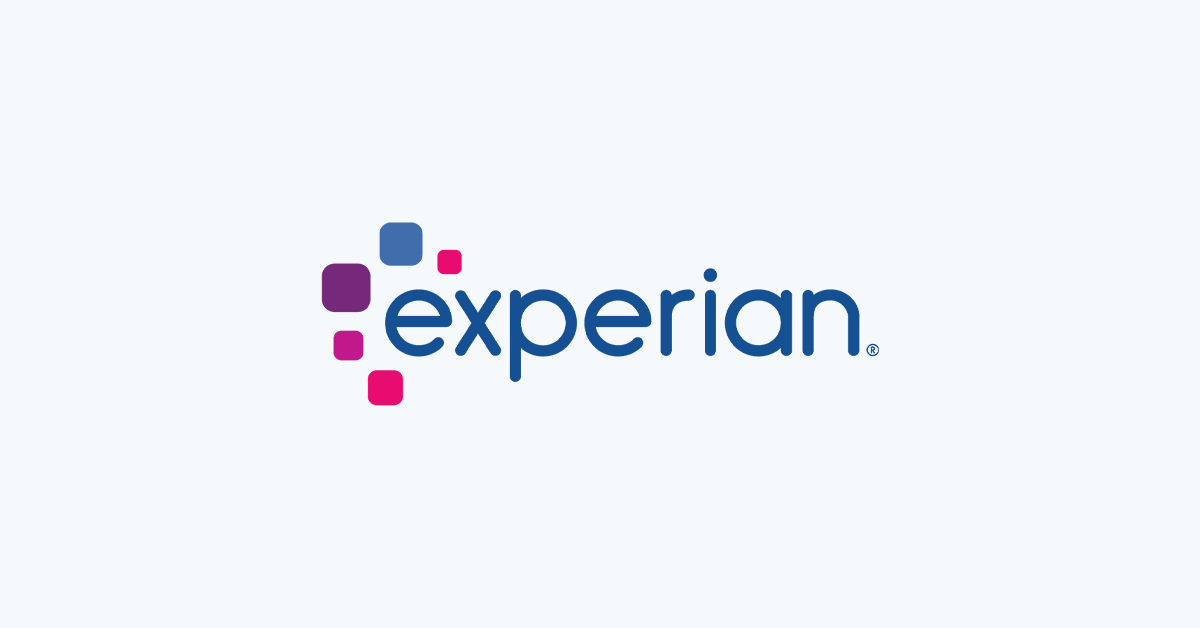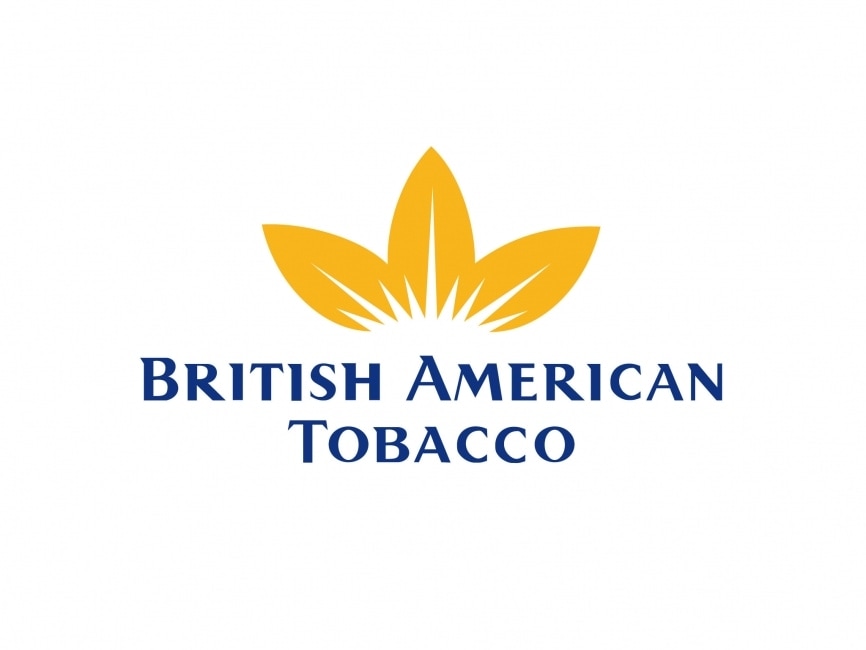Which Stocks To Buy Now In U.K? Investing in the stock market has long been a popular method for individuals and institutions to grow their wealth. In the United Kingdom(Also: Stock Market Today), with its vibrant and dynamic economy, the stock market presents a plethora of opportunities for investors seeking to capitalize on potential growth and generate returns. However, with numerous companies and industries to choose from, selecting the right stocks to buy can be a challenging task.
Best British stocks to buy and hold
1. Experian

Experian has been a Foolish favourite for a long time. The primary reason for this is the business’s position in the market as the world’s largest credit bureau, which has data on around 1.3 billion people globally that lenders use to determine creditworthiness.
This industry has extremely high entry barriers, and the data given is extremely valuable to clients such as banks – two types of leverage that Experian’s management team continuously converts into strong pricing power. Operating margins varied from 23.2% to 24.6% throughout the five years to fiscal year 2022, with a very good 32.3% return on equity in the most recent fiscal year. Experian is a high-quality corporation, as seen by that last number.
2. Hargreaves Lansdown
The end of the pandemic-era retail investing mania and 2022’s bear market were a double whammy for the UK’s largest online share dealing service. But while financial year 2022 was a dud for the company, it’s worth taking a step back and appreciating that even in a bad year, this was a company with operating margins north of 45%.
And having built the market leader in online share dealing, management aren’t resting on their laurels but are instead aiming at the next frontier: reinventing wealth management in the UK. They see an opportunity to take share in this even larger market by winning over customers with less jargon, lower fees, and better advice. If this strategy is successful, it could yield many more years of steady growth and high shareholder returns. And if it doesn’t, the company should still be the highly profitable and cash generative market leader in its core business. Not a bad position to be in.
3. Rightmove

Few Britons will be unfamiliar with Rightmove, the UK’s number one property portal by a country mile. As of H1 2022, third party estimates said the company’s market share was 84% – an astounding figure.
Management have turned that market share into an incredibly profitable and cash generative business. In 2021, operating margins were 73.4%. That’s not a misprint. Operating margins for this business are where gross margins for many admired software businesses are. And this was far from a one-off as outside of pandemic-impacted 2020, 70%+ margins have been the norm for going on a decade.
While the housing market is facing very real headwinds, which will affect Rightmove, in the long-term we think owning such a valuable piece of property as the country’s leading property portal could be a good option. And thus far, Rightmove’s managers have proved more than capable of turning that asset into sustained shareholder returns.
4. Britvic
Unlike these first three selections, Britvic probably isn’t a name most members of the public will recognise. But they’ll surely know it’s products. Its own beverages include Robinsons and J20, while it is also the exclusive UK maker and distributor for Pepsi products. But this isn’t a UK-only business, and it pairs long-standing operations in Ireland and France with a presence in fast-growing markets such as Brazil as well.
Producing and distributing soft drinks may not be the most exciting business out there, but Britvic’s capable management team have turned it into a reliable money spinner. And there could be even brighter days ahead as the recent completion of a major upgrade programme to its production, warehousing and distribution network is beginning to bear fruit in rising margins and cash flow. That increased cash flow is already coming back to shareholders via increasing dividends and a new share buyback programme, which is great to see.
5. Compass Group
Like Britvic, Compass Group is not a household name, but most people will have eaten the company’s food. That’s because Compass is the world’s largest caterer, providing on-site food for businesses, schools, hospitals, stadiums, senior living facilities, and even offshore oil rigs and military bases.
The pandemic was tough for the company as stadiums, schools and many offices were shut for months on end. But the company has rebounded with aplomb, revenue is now above pre-pandemic levels, and management believe the company’s growth prospects are now significantly higher than they were before Covid-19.
And with the business back on firm footing, management are not only plowing cash into growth opportunities but have also restarted dividends and the company’s long-standing share buyback programme.
6. B&M European Value Retail

Few UK-listed companies benefited from the pandemic as much as B&M did. While competitors were closed for months on end during lockdowns, B&M’s doors were open due to selling both general merchandise and a huge selection of food products. That led to sales growing more than 45% between 2019 and 2021, with an even larger jump in profits.
Those pandemic-boosted periods have come to an end, but the company has emerged from that period in a very strong position. Brand awareness grew significantly as droves of shoppers were forced to shop with the company while competitors were closed. And many of them have stuck around. That’s led to much higher sales per store, which has driven profits per location up significantly and also allowed management to up their long-term target for B&M brand stores to 950 in the UK, 35% higher than today.
Add to that its successful Heron Foods business that is also growing quickly across the UK, plus the now profitable and fast-growing B&M France business, and the group has enviable growth prospects. And that’s before we consider the possible boost sales could receive from the cost of living crisis as shoppers who are keen to trim their spending turn to discounters like B&M that offer own brand and name brand goods at unbeatable prices.
7. Porvair

Against the FTSE 100 and FTSE 250 giants mentioned above, Porvair is a relative minnow with a market cap of roughly £300m as of February 2023. But being small is no impediment to being a successful business.
Porvair has a 10-year record of growing revenue by a compound annual growth rate of 8% and adjusted earnings per share by 13%. The company has achieved that success by making filters for a range of critical processes, such as keeping out contaminants in aeroplane fuel tanks, ensuring water quality by filtering out contaminants, or containing radioactive material at nuclear power plants.
Porvair’s products end up in an even wider range of applications than mentioned above, but every market the company targets has two key characteristics in common: the filter’s quality being so critical to the process that operators aren’t going to opt for cheaper but untested providers, and high regulatory scrutiny that means operators will regularly replace filters on a scheduled basis.
8. Croda
Croda is a specialty chemical maker whose main markets are consumer care products like makeup and fragrances and life sciences like pharmaceutical and crop science applications. While all chemical companies are exposed to general economic conditions to some degree or another, Croda is in a good position as these two markets are fairly defensive.
Not only are Croda’s end markets less cyclical than many, but the company’s focus on high value add specialty products means higher profitability. Over the trailing twelve months to H1 2022, operating margins were a robust 23.9% and cash flow was also strong enough to re-invest substantial sums in future growth drivers as R&D and further increase the company’s steadily growing dividend.
9. Airtel Africa

Airtel Africa is one of Africa’s largest telecoms providers, with operations across 14 countries including huge markets such as Nigeria, Kenya, and the DRC. The company offers consumers traditional telecoms services such as phone calls, texting, and data packages, as well as its Mobile Money service.
The latter is a very interesting, high-growth business that gives customers the ability to hold money digitally, make domestic or international transfers, pay bills, buy things online, and more. This side of the business still generates much less revenue than Airtel Africa’s traditional telco services, but it’s growing extraordinarily quickly, is already highly profitable, and has the potential to continue growing by leaps and bounds as the company’s markets experience population growth and demand for these financial services grows.
The company’s exposure to sometimes volatile political environments is a very real risk, but with high present-day income in the form of a high dividend yield and long-term growth potential, Airtel Africa is an interesting combination of growth and income.
10. British American Tobacco

British American Tobacco pays a high dividend yield, and management have finally begun a substantial share repurchase programme. Both of these methods of shareholder returns are comfortably funded by the company’s incredible cash flow that also covers deleveraging and investments in new categories such as its Vuse vape brand.
The investments made in growing non-traditional nicotine products are, of course, necessary for the business and all its competitors as rates of traditional smoking decrease across the most profitable markets. These investments are loss-making, but BAT is targeting break-even for this unit by 2025, and if they can continue growing at a rapid clip while also generating profits, Big Tobacco may not be the industry in terminal decline that is has appeared to be for decades.
